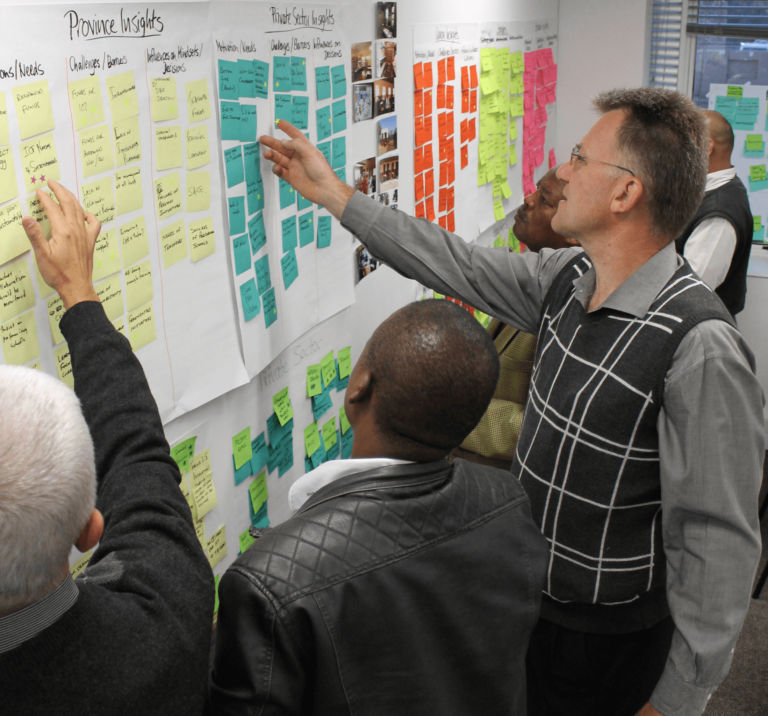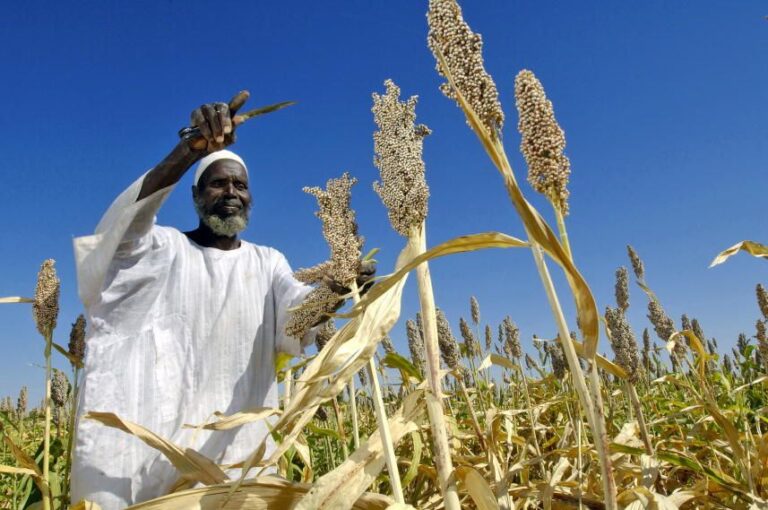Global Knowledge Initiative Publishes New Report on the Role of Innovation in Transforming Food Systems in Emerging Markets
Washington D.C., USA: The Global Knowledge Initiative (GKI), with support from The Rockefeller Foundation, has published a report examining how innovation can help improve food systems in emerging markets over the next 20 years. Recognizing the profound, large-scale changes happening around the world and the staggering amount of food that is lost on its way from farm to market (upwards of 50%, as estimated by the Food and Agriculture Organization of the United Nations), a team of GKI researchers set off to uncover the innovations most aptly suited to support humanity in feeding its growing population in a sustainable way.

Engaging with 50 experts from around the world, the team harnessed the power of collective intelligence to illuminate new technologies, processes, policies, and business models that can revolutionize food systems in both the short- and long-term. In the short-term, the report lays out 22 investible innovations that can help to reduce the problem of postharvest food loss over the next 5 years. These are innovations with significant potential to positively impact peoples’ lives, particularly considering that in Sub-Saharan Africa between 30-60% of all food grown never reaches consumers. Looking farther out, the report identifies the most significant macro-level trends shaping food systems in emerging markets, and points to long-term opportunities for emerging areas of innovation, such as quantum computing and synthetic biology, to fundamentally transform the way we produce, process, distribute, store, sell, purchase, and even eat food.
Amira Bliss, Associate Director at The Rockefeller Foundation, said about the report, “To tackle the complex food and agriculture challenges of today, we need to deploy the most appropriate and innovative solutions that will improve conditions for tomorrow. This report takes stock of the most relevant disruptive innovations that could be applied today and in the future. The Foundation and our partners are eager to utilize this thorough assessment of transformational innovations that have high potential to change the landscape for, and improve the livelihoods of, smallholder farmers and other vulnerable populations.”
The GKI team hopes the report will spark a larger conversation around the future of food systems in emerging markets. One of the key themes that emerges from this report is that the future is not fixed; by the very act of thinking about the future in a strategic way we are already shaping it for the better. With this in mind, the GKI team invites policy-makers, business leaders, investors, and innovators to pick up the ideas presented in this report to forge new approaches that will help ensure a future of sustainable, available food.
Read the Full Report here.
Read the Executive Summary here.
For further information or to discuss partnership opportunities, please contact Renee Vuillaume at renee@gkinitiative.org.







